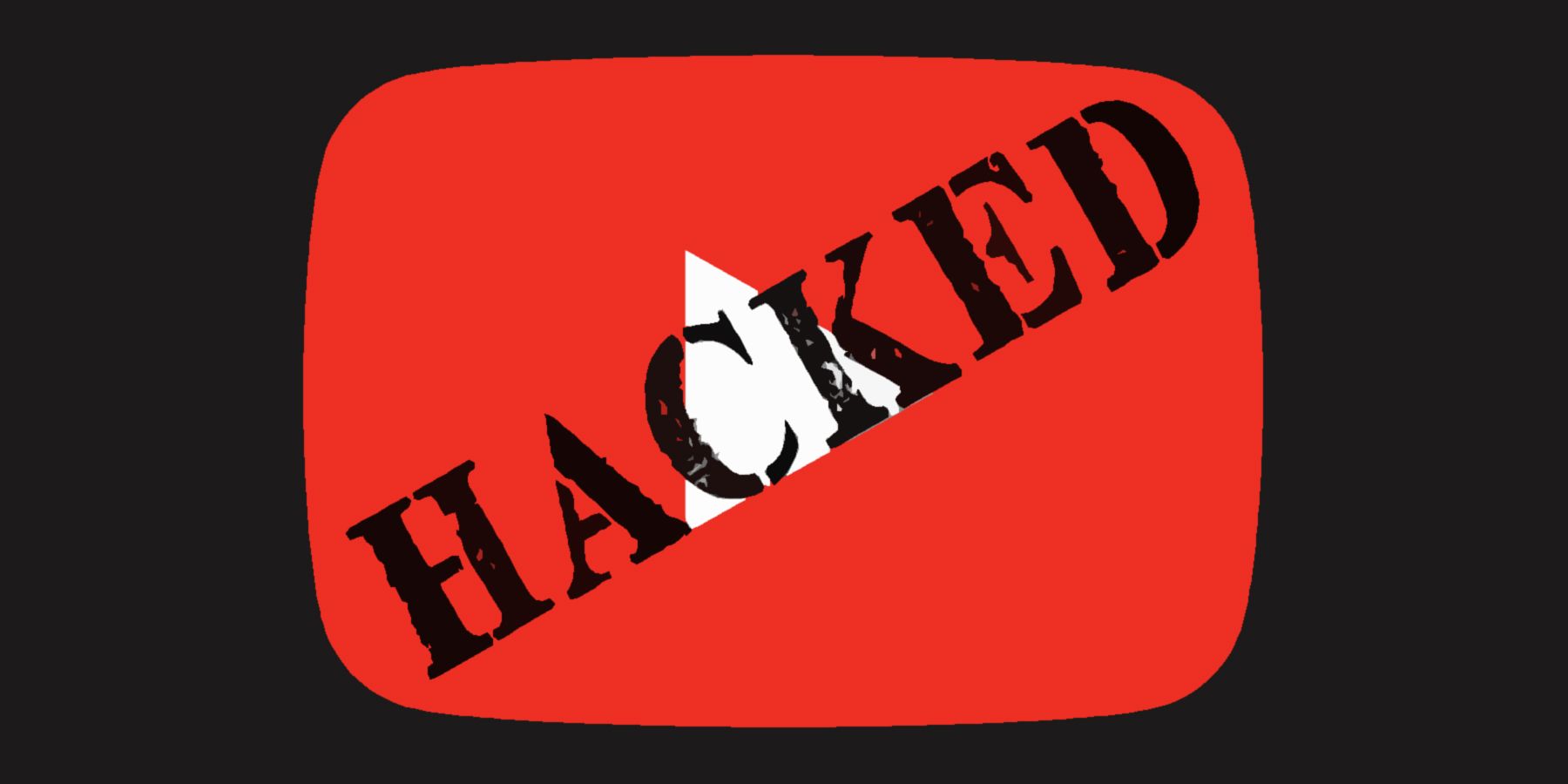Popular YouTube channel Linus Tech Tips has been banned from the platform after their account was taken over by hackers promoting an infamous Bitcoin scam featuring fake Elon Musk. This latest example of YouTube's growing problem with crypto scammers arrives just as the waves from the Logan Paul-Coffeezilla Cryptozoo controversy are settling.Crypto scams have been an issue among tech and gaming content creators for years now. Hackers taking over accounts to peddle fraudulent investments are just part of the problem, given how even some of the largest channels do so willingly. YouTube streamer IShowSpeed recently apologized over one such crypto controversy, positing he had no intention of scamming his fans. The other side of the issue are the account-hijacking hackers themselves, many of whom historically favored using a known series of fake Elon Musk streams promoting fraudulent Bitcoin investments.That particular scam has now embroiled popular YouTube channel Linus Tech Tips, which got hacked in service of more fake Elon Musk Bitcoin streams on March 23. The account, owned by famous Canadian content creator Linus Sebastian, was promptly terminated by YouTube for the platform's Community Guidelines violations. Two of Sebastian's other channels, TechQuickie and TechLink, were also taken over by the presumably same group of crypto scammers within minutes of the main account, and with the same outcome.
This Bitcoin scam flavor already made headlines in April 2022, when an unknown group took over the YouTube channel of professional eSports player Byron "Reckful" Bernstein in order to promote the same fraudulent videos starring a fake Elon Musk. Making matters even more distasteful was the fact that Bernstein was dead at the time, having committed suicide 18 months prior to the hack, aged 31.
While precedent suggests Linus Tech Tips and Sebastian's other affected channels will likely be reinstated soon, some users on social media have used this opportunity to criticize YouTube, arguing this turn of events is yet another indicator of the company's lackadaisical approach to security. For context, Google has been offering two-factor authentication for well over a decade at this point, but almost none of its services actually require it. That's not to say Sebastian didn't have his account secured with 2FA authentication, which is unclear at the time. But such solutions also aren't foolproof, as some Activision employees who recently learned their data was hacked following a successful 2FA phishing attack can attest.
Looking at the bigger picture, crypto and other blockchain-related ventures haven't been doing too great even without all the negative PR from scammers. Namely, even some of their biggest advocates like Logan Paul lost a lot of money on cryptocurrency investments to date.
Source: BBC




